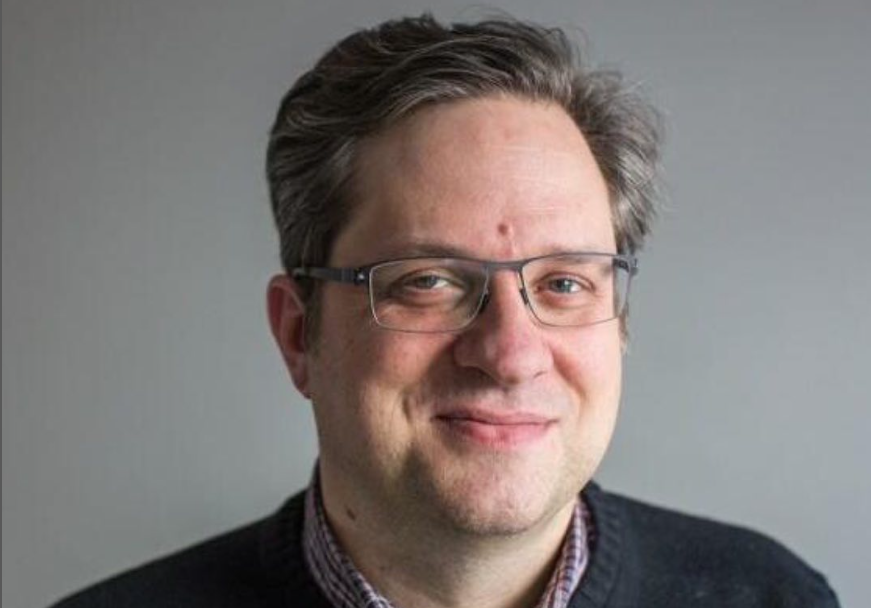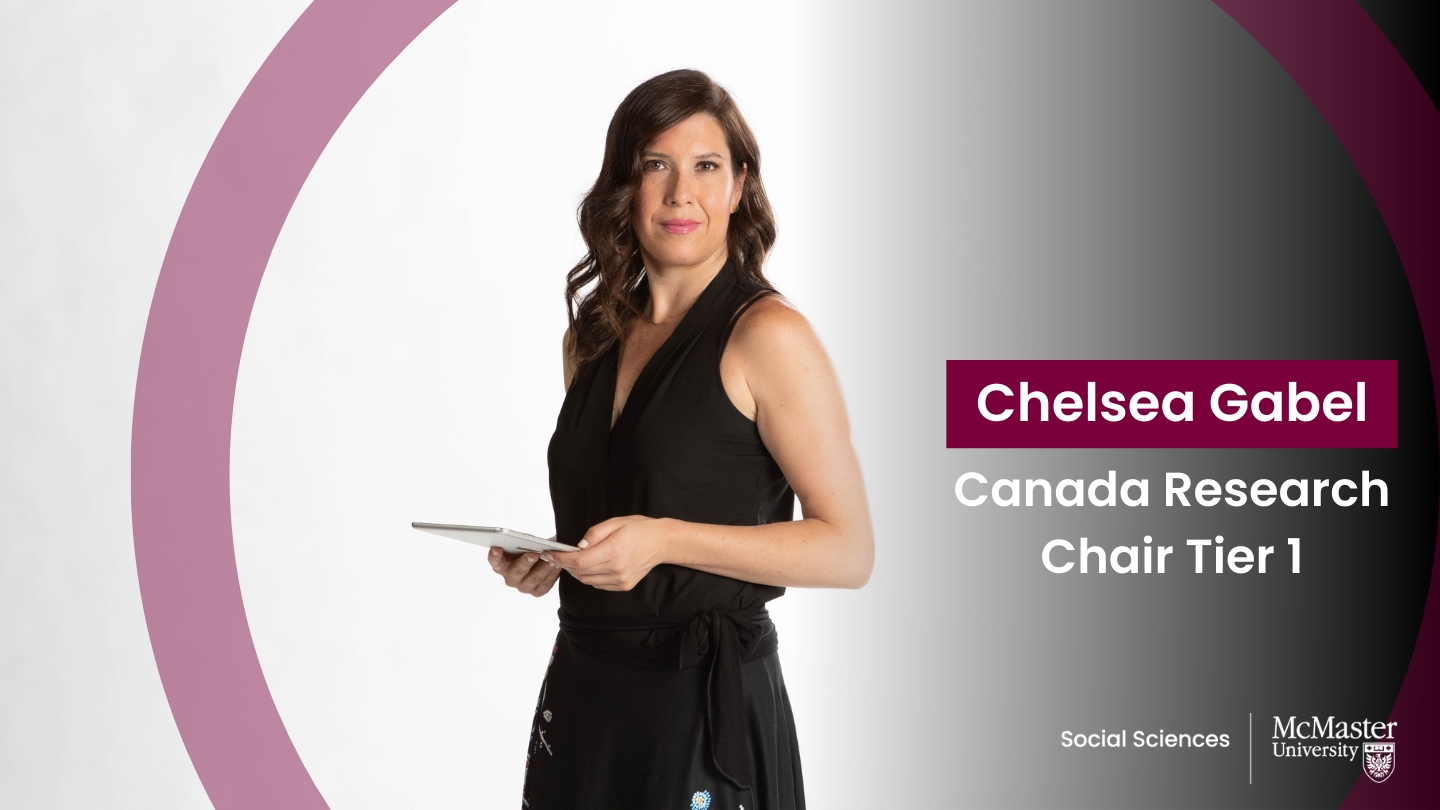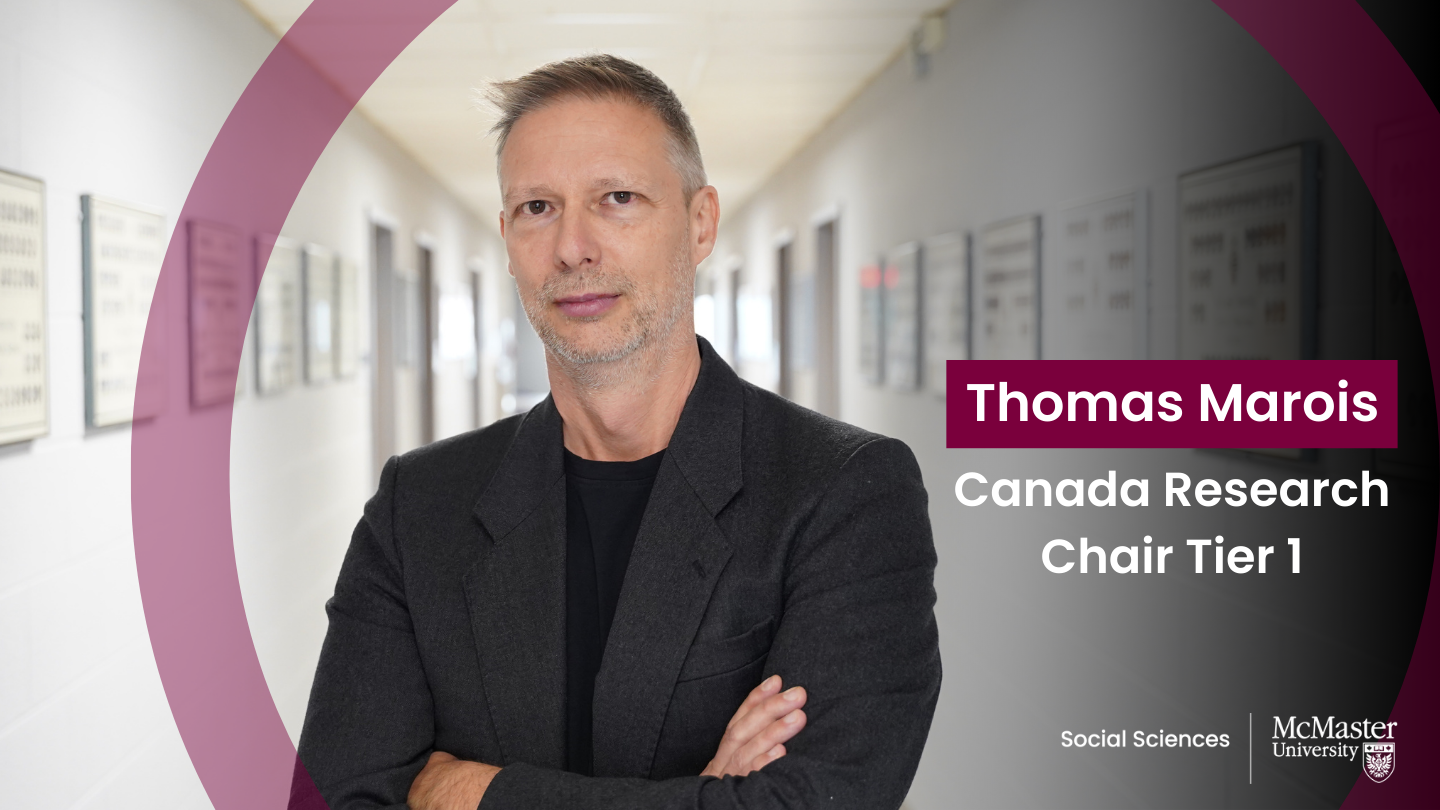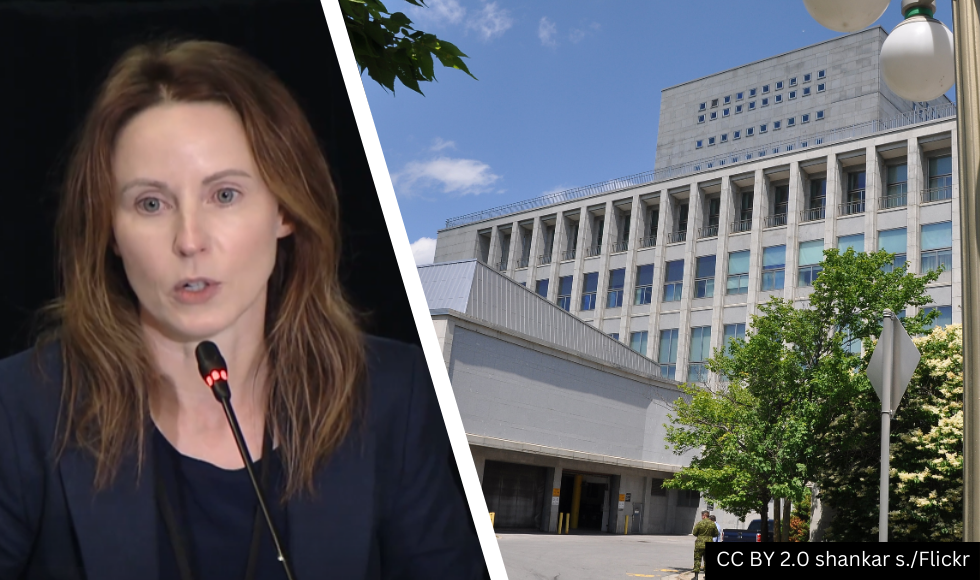David Goutor: Winner of the 2023 Ontario University Student Alliance’s Teaching Award for Excellence

David Goutor, assistant professor and director of McMaster’s School of Labour Studies, received the Ontario University Student Alliance’s Teaching Award for Excellence.
We chatted with David about his work, his approach to working with students, and what the award means to him.
What do you think are some of the best ways to engage students?
You have to use a combination of approaches. I am a traditionalist in some ways – I believe that being a good lecturer is still essential. But you need to engage students in the lecture – that’s about how you frame the content, and a lot more. Jokes always help, and visual learning too – graphs, charts, photos, headlines from news stories.
There are also small group discussion, I was especially happy that MUSA’s announcement of the award noted that students felt their views got a real hearing during in-class discussions. I try to draw in as many students as possible, particularly by giving where I give students a range of things to read, so they are not always debating (or arguing) over the same material. Arts and Science students particularly enjoy having the chance to mix perspectives from different studies into the discussion. And group projects are vital, especially in Labour Studies, where you can challenge a group to choose a labour organization, research its key challenges, and develop a plan of action to address them.
Labour Studies was also an early adaptor of experiential education, and was one of the first to launch a field placement course. I have been running that course for the last 15 years.
How would you like your students to remember you?
It’s most important that they remember my class. I hope they remember it as a time when they got exposed to new ideas, new issues they had not known about, and new perspectives, such as workers’ perspectives. One example is the class I teach on the “hidden work” behind technology, mostly in the Global South – the content moderators for social media, the workers digging for cobalt by hand for batteries, the e-waste recovery workers, the ship-breakers who take apart the container ships that carry goods around the globe. I hope they are still looking differently at the technology we take for granted, and in general, still thinking about some of the questions I raised.
What does this award mean to you?
Teachers in small programs like Labour Studies and Arts and Science rarely win these kinds of university-wide awards. Nothing against the bigger departments, of course, but they tend to have a stronger voice and get more attention regarding these things. That the students made the effort to get my work noticed on this stage means a great deal to me.
I also see it as a recognition of the work I do to continually update, rethink, and revise my teaching. I am starting my 20th year at McMaster in July, so I am very happy that students find that my lectures and discussion points are current for them.
What’s a project you’re working on that’s inspiring you?
Well, there is a lot. I never saw myself as a multi-tasker, but as a teaching professor who is still doing research, and especially now as Director of Labour Studies, you have to adapt. For Labour Studies, we launched a co-op program last year and are developing that, as well as some other forms of experiential learning for students in our regular stream.
Regarding teaching, I am developing an online and asynchronous version of my labour studies course on Technology and the Future of Work, which will now be a Level II offering. In Arts and Science, the students’ recent interest in a lot of theory coming out of working-class history and labour studies has inspired me to start developing a course on those subjects.
Regarding research, I am doing a historical exploration of different periods of high -inflation in North America, and why unions tended to become more militant during these periods. Regarding contemporary issues, I am launching a survey later this year of union activists’ views on the Basic Income.
Departmental NewsRelated News
News Listing

Associate Professor Chelsea Gabel named Tier 1 Canada Research Chair
Awards, Departmental News
7 days ago

Political Science Professor Thomas Marois named Tier 1 Canada Research Chair
Awards, Departmental News
7 days ago

Political Science associate professor Andrea Lawlor testifies at Canadian Commission on Foreign Interference
Departmental News
November 12, 2024
